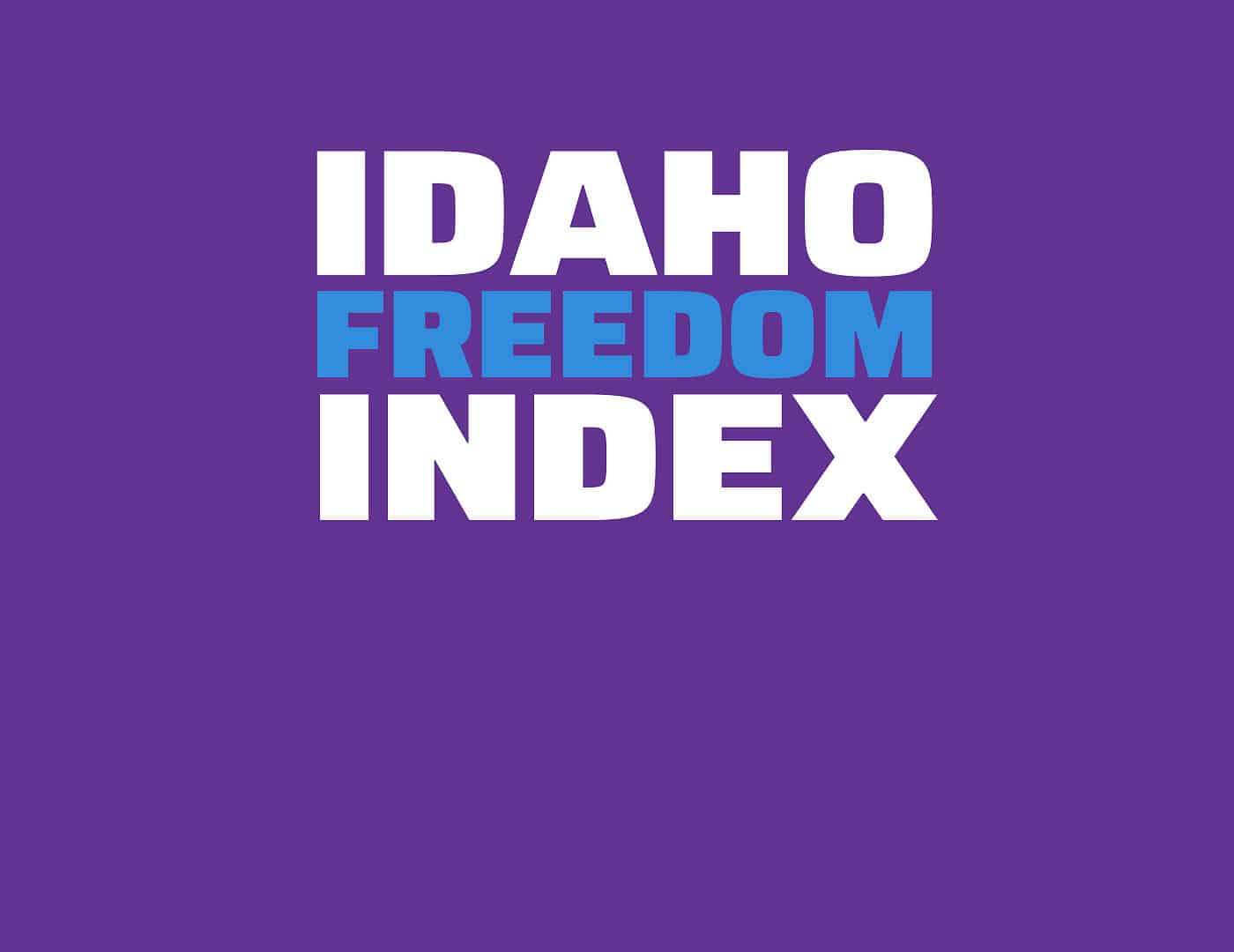


Bill Description: House Bill 337 would adopt the 2023 version of the National Electric Code, with exceptions, create a residential electrician license, increase an existing fine, and establish state preemption for regulations affecting electricians.
Rating: 0
NOTE: House Bill 337 is a lengthy 15-page bill dealing with many elements of regulating and licensing electricians. While some of the bill's changes are positive and others are negative, the underlying problem with government-imposed occupational licensure is well-illustrated by the length and scope of this bill. Rather than allowing training standards to be developed and reformed as needed by the free market, government has opted to manage — and often micromanage — the market by creating agencies and licensure mandates.
Does it increase barriers to entry into the market? Examples include occupational licensure, the minimum wage, and restrictions on home businesses. Conversely, does it remove barriers to entry into the market?
House Bill 337 would repeal and replace Section 54-1001, Idaho Code, to declare that the "2023 National Electrical Code, NFPA 70, together with any amendments, revisions, or modifications by the Idaho electrical board through negotiated rulemaking shall collectively constitute and be named the Idaho electrical code."
This is a change from the current (non-2023) "National Electrical Code, NFPA 70," with which Idaho's regulations are required to be "substantially in accord with."
It is unclear what impact this change could have on the cost and complexity of electrical work performed in Idaho.
(0)
House Bill 337 would add "residential electricians" to the current tiers of licensed electricians in Idaho, which include electrical contractors, journeyman electricians, master electricians, provisional journeyman electricians, and limited electrical installers. The current code also provides for the "registration of apprentice electricians and trainees."
A residential electrician would be licensed to work in a "residential setting," which the bill would define as "one (1) and two (2) family dwellings, townhouses, and multi-family structures up to three (3) stories."
The requirements to become a residential electrician would be less stringent than those required to become a journeyman electrician, and the work experience required to become a residential electrician could also count toward the work experience requirement for a journeyman electrician license.
While this bill would create a new tier of occupational licensure, it does not impose licensure requirements on individuals who can currently work without a license. It does make it easier for an apprentice to move up by creating a tier that requires less experience than a journeyman electrician.
(+1)
Currently, apprentice electricians can renew their annual registrations an indefinite number of times, but House Bill 337 would limit this possibility, saying "No person shall be issued an apprentice license for more than ten (10) one (1) year periods."
This change would eliminate the option of someone who was happy working as an apprentice electrician to remain at that level.
(-1)
House Bill 337 would amend Section 54-1010, Idaho Code, to add that "the provisions of this section preempt, eliminate, and prohibit any cities, counties, incorporated or unincorporated areas, special use districts, or any other local governmental entities of any kind from adopting requirements through any code, ordinance, process, policy, or guidance that differ from or are more extensive than the requirements of this section. The preemption provided for in this subsection shall apply to any local code, ordinance, process, policy, or guidance in effect prior to, on, or after July 1, 2023."
This provision prevents additional local regulations from further infringing on the free market.
(+1)
Does it directly or indirectly create or increase any taxes, fees, or other assessments? Conversely, does it eliminate or reduce any taxes, fees, or other assessments?
House Bill 337 would amend Section 54-1017, Idaho Code, to triple the civil penalties, from $1,000 to $3,000, that can be assessed against an electrician or related professional or company for a regulatory violation.
(-1)


